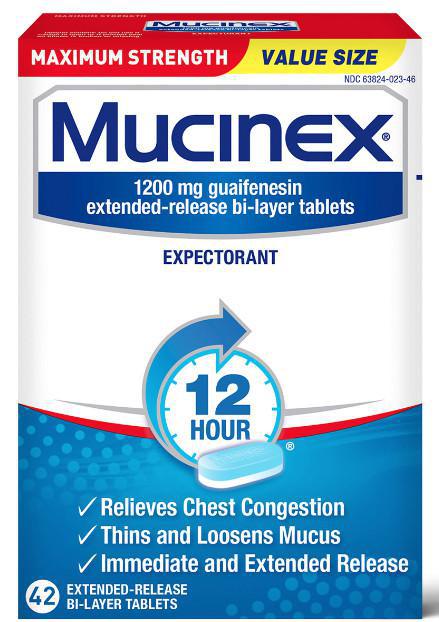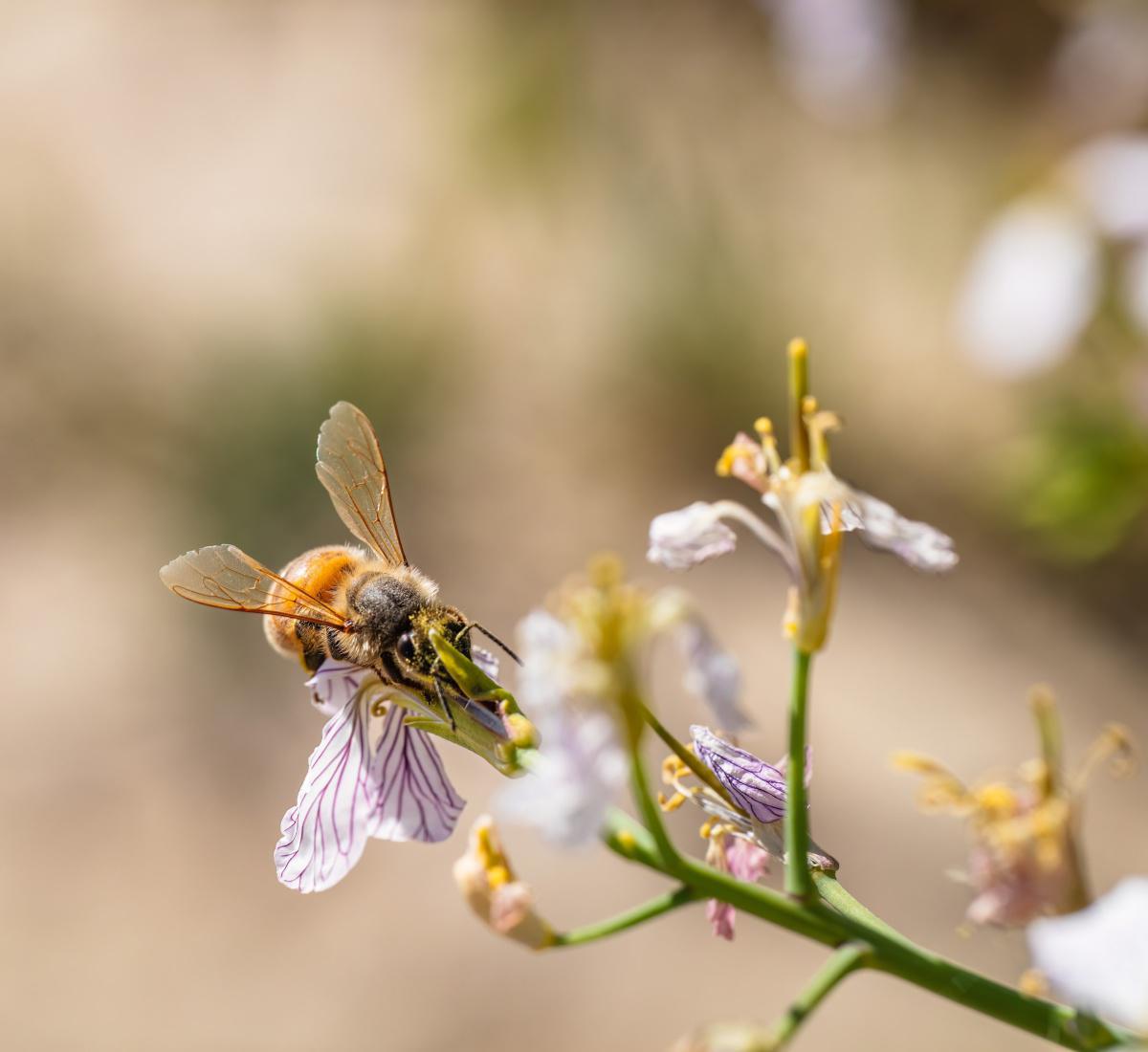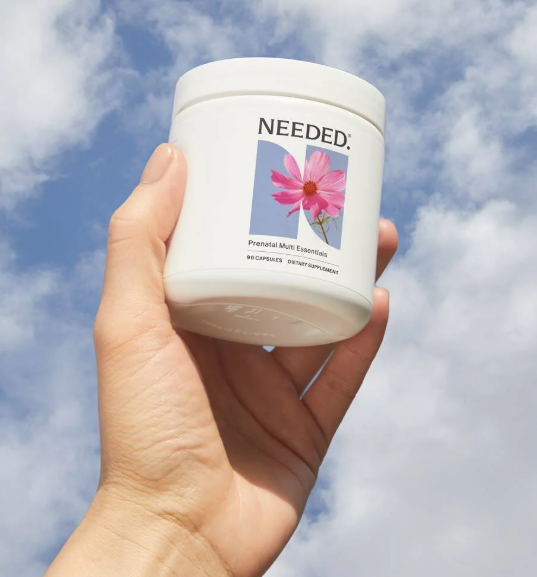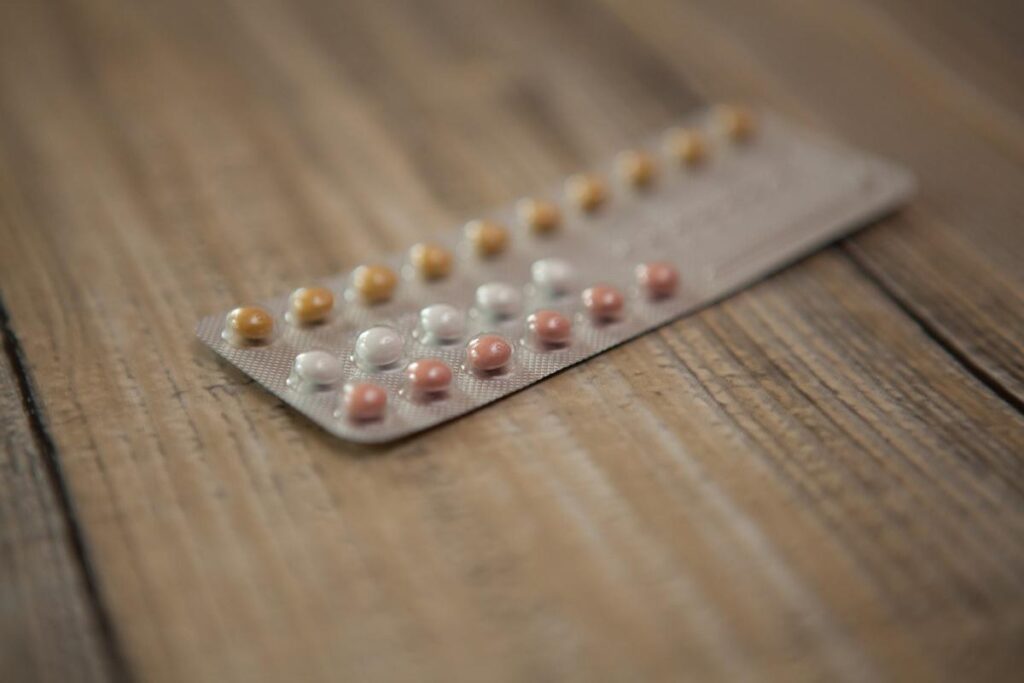at a glance
Antihistamines and Cervical Mucus: What You Need to Know If You Are Trying to Get Pregnant
Table of Contents
- 01 - Antihistamines and Their Effects on the Body
- 02 - Understanding Cervical Mucus and Its Role in Fertility
- 03 - What hormones in PCOS can licorice help?
- 04 - What You Didn't Learn In Sex Ed: Cervical Mucus Edition
- 05 - The Potential Impact of Antihistamines on Cervical Mucus Production
- 06 - Research and Studies on the Link Between Antihistamines and Cervical Mucus
- 07 - Can Taking Antihistamines Decrease Cervical Mucus?
- 08 - Natural Ways to Increase Cervical Mucus Production
- 09 -Stay Hydrated
- 10 - Consider taking NAC
- 11- Other Helpful Supplements
- 12- Blood Sugar Balance and Cervical Mucus Production
- 13- Alternative Options for Managing Allergies Without Affecting Cervical Mucus
- 14- Natural Herbs and Supplements that Won't Decrease Cervical Mucus While Treating Allergies
- 15- Proactive Lifestyle Modifications and Medicine Alternatives
- 16- Discussing the Risks and Benefits of Taking Antihistamines for Fertility
- 17- Should I Take Mucinex to Help Make More Cervical Mucus?
- 18- What Are the Safest Allergy Medications While Pregnant?
- 19- Are There Any Studies or Data on Male Fertility, Antihistamine Use, and, Conception
- 20- Conclusion and Final Thoughts on the Link Between Antihistamines and Cervical Mucus
- 21- References
- 22 - DISCLAIMER
I’ve never seen a more committed person than a woman trying to conceive. If I said dance naked, outside in the rain, while shaking tree limbs. A woman trying to conceive would say: “for how long?” Seems like a crazy recommendation, I have heard crazier AND I’ve seen women do it.
Are you someone suffering from allergies and infertility? Then you have probably heard that you should be avoiding antihistamines. Is this something you really need to avoid and endlessly suffer? While April showers bring May flowers and a Costco-sized box of tissues- could antihistamines be slowing down your path to pregnancy?
Let’s dig into it. How does antihistamine use affect fertility and what you may need to consider to make this choice.
Antihistamines and Their Effects on the Body
Antihistamines are commonly used medications that help alleviate allergy symptoms such as sneezing, itching, and watery eyes. They work by blocking the effects of histamine which is just a chemical released by the body in response to an allergen.
Antihistamines have a purpose, but like everything you can get too much of a good thing. While antihistamines are effective in managing allergies, many people are unaware of their potential impact on other aspects of their health, including fertility.

Understanding Cervical Mucus and Its Role in Fertility
Before we dive into the link between antihistamines and cervical mucus, it’s important to understand what cervical mucus is and how it affects fertility.

What You Didn’t Learn In Sex Ed: Cervical Mucus Edition
Cervical mucus is a fluid produced by the cervix, the narrow passage at the lower end of the uterus. It plays a crucial role in the reproductive process by providing an optimal environment for sperm survival and transportation. The consistency and quality of cervical mucus change throughout a woman’s menstrual cycle, with the most fertile mucus resembling raw egg whites.
You may see the acronym EGCM on social media. This is exactly what we are talking about. EWCM is the best sign your body is gearing up and getting ready to ovulate.
The Potential Impact of Antihistamines on Cervical Mucus Production
Antihistamines act directly by stopping histamine from interacting with a histamine receptor. When that histamine receptor gets activated the body starts creating more mucus. This leads to sneezing, coughing, etc.
Research suggests that antihistamines have a potential impact on cervical mucus production in addition to decreasing the mucus response in the respiratory system.
Histamine, the chemical that antihistamines block, plays a role in the production of cervical mucus. By inhibiting histamine, antihistamines may indirectly affect the amount and quality of cervical mucus. However, more studies are needed to fully understand the extent of this impact.

Research and Studies on the Link Between Antihistamines and Cervical Mucus
There isn’t a lot of research on the use of antihistamines and quality cervical mucus production.
I have found a reference to a study that looked at women who took antihistamines versus women who did not. The study apparently found that women who took antihistamines had a decrease in the amount of fertile cervical mucus compared to those who did not take the medication. While I found articles referencing this study, I could not find this study myself.
Another study supposedly published in Fertility and Sterility found that antihistamines may reduce the ability of cervical mucus to provide a suitable environment for sperm survival and transportation. Again, I had difficulty finding anything but a reference to this study, but not the actual study itself.
Can Taking Antihistamines Decrease Cervical Mucus?
It appears that taking antihistamines has the potential to decrease cervical mucus production. Individual responses may vary. If you are someone seeing a large amount of cervical mucus and you are taking antihistamines, this may not be the first thing I’d be concerned about.
If you are seeing little to no cervical mucus, just know that you have alternatives to help decrease your allergy burden and protect your chances of conceiving.
Natural Ways to Increase Cervical Mucus Production
If you’re looking for natural ways to boost your cervical mucus production, there are a few strategies you can try.

Stay Hydrated
Staying hydrated is crucial, as dehydration can lead to decreased mucus production. Drinking plenty of water and consuming foods with high water content, such as fruits and vegetables, can help keep your body hydrated. Consider using a hydration multiplier like LMNT.
Consider taking NAC
NAC is fertility friendly, awesome for PCOS, and a total win for someone that is also struggling with allergies and wants to improve cervical mucus. NAC thins mucus and is the precursor to a powerful antioxidant in the body: glutathione.
If you want to take NAC and improve egg quality at the same time consider our favorite product from the PCOS Formularies line that includes NAC called the Metabolic Ovary Formula.
Other Helpful Supplements
Additionally, certain supplements like evening primrose oil and omega-3 fatty acids have been suggested to promote healthy cervical mucus production.
Blood Sugar Balance and Cervical Mucus Production
Your ovaries make the most estrogen in your body. Cervical mucus production changes type and amount based on estrogen changes during your menstrual cycle.
When the ovary is producing a lot of testosterone it will make less estrogen. Thus less cervical mucus. Blood sugar balance is the last on this short list, but the most important for long-term cervical mucus production.
Most people with PCOS have high levels of insulin. When blood sugar support becomes a priority insulin levels will decrease. This allows the ovary is to create enough estrogen and stop making too much testosterone. Not only will your cervical mucus quality increase, but your PCOS symptoms will also decrease.
Are you ready for me to stop telling you that nutrition and blood sugar balance is soooooo important for PCOS and fertility? I just can’t stop though. I will be a broken record my entire life.
Alternative Options for Managing Allergies Without Affecting Cervical Mucus
If you’re concerned about the impact of antihistamines on your cervical mucus but still need relief from allergies, there are alternative options available.
Natural Herbs and Supplements that Won’t Decrease Cervical Mucus While Treating Allergies
Stinging nettle leaves have been used in teas and tinctures for years to support a healthy immune system and can decrease prostaglandin creation and limit histamine release.
Quercetin is an active flavonoid antioxidant that can support immune health by mediating mast cell activity and lowering histamine production within the body.
Vitamin C can also impact allergic response and taking high doses when the body is under a significant amount of allergic stress and improve the body’s natural response.
My favorite option on the Market is Natural D-Hist from Ortho Molecular.
Proactive Lifestyle Modifications and Medicine Alternatives
Nasal saline rinses can provide relief by flushing out allergens from the nasal passages without affecting cervical mucus production. Try out a Neti Pot.
Don’t forget lifestyle modifications like using allergen-proof bedding, keeping windows closed during allergy seasons, and avoiding known allergens can significantly reduce allergy symptoms.
Discussing the Risks and Benefits of Taking Antihistamines for Fertility
When it comes to managing allergies while trying to conceive, it’s crucial to weigh the risks and benefits of taking antihistamines. While antihistamines can provide much-needed relief from allergy symptoms, they may have potential effects on cervical mucus production, as we discussed earlier.
If allergies severely impact your quality of life, it may be worth discussing alternative allergy management strategies with your doctor or try our natural recommendations above.
Should I Take Mucinex to Help Make More Cervical Mucus?
Mucinex IS NOT an antihistamine! This is one of those medications that gets recommended in fertility chat boards. This falls in the category of crazy things that seem worth trying when you have been struggling with infertility for a while.

Mucinex, an over-the-counter medication containing guaifenesin, is often recommended as a potential solution for increasing cervical mucus production. Guaifenesin is an expectorant that helps thin and loosen mucus in the respiratory tract. While some women report success in using Mucinex to improve their cervical mucus, there is limited scientific evidence to support its effectiveness.
It’s important to remember that every woman’s body is different, and what works for one may not work for another. Again, it’s best to consult with your doctor before trying any new medications or supplements.
What Are the Safest Allergy Medications While Pregnant?
Taking any medication or supplement in pregnancy requires prioritizing the risks, benefits, and safety information for both mother and baby. I always recommend discussing allergy management in pregnancy with your midwife, OB, pharmacist, or allergist.
The most common recommendations I have seen from these professionals include drinking stinging nettle tea, a saline rinse or Neti Pot, a saline rinse, Nasal Steroids, Cromolyn Sodium. Check with your healthcare provider to see what might be the most appropriate in your situation.
Are There Any Studies or Data on Male Fertility, Antihistamine Use, and, Conception
There is limited evidence suggesting that some antihistamines may affect male fertility by potentially interfering with sperm function. Some antihistamines have been shown to lower testosterone levels in men This, in turn, could impact sperm production and function. However, much of the data available is provided in animal models and not in human models. (1)
If you have concerns about the potential effects of antihistamines on male fertility, it is advisable to consult with a healthcare professional, such as a urologist or reproductive endocrinologist. While limiting antihistamine use may not be the key to improving male factor infertility, it could be a helpful step along the way.
Conclusion and Final Thoughts on the Link Between Antihistamines and Cervical Mucus
In conclusion, there is a potential link between antihistamines and cervical mucus production. While research suggests that antihistamines may decrease cervical mucus, individual responses may vary. If you’re concerned about the impact of antihistamines on your fertility, it’s best to consult with your doctor for personalized advice. Additionally, there are alternative strategies for managing allergies
References
DISCLAIMER
The advice provided in this article is for informational purposes only. It is not meant to augment and not replace consultation with a licensed health care provider. Consultation with a physician, dietitian, naturopathic doctor or other primary care provider is recommended for anyone suffering from a health problem.

I’M CAITLIN JOHNSON!
You are ready to trust your body again. You are ready to fix your hormones and fall in love with your body. Let me show you the way through comprehensive courses to manage your hormones and boost your fertility with PCOS.
Are you
struggling to get pregnant and you don’t know what step to take next. Join Find Fertility today and discover the process hundreds have used to get pregnant and have their dream baby.














